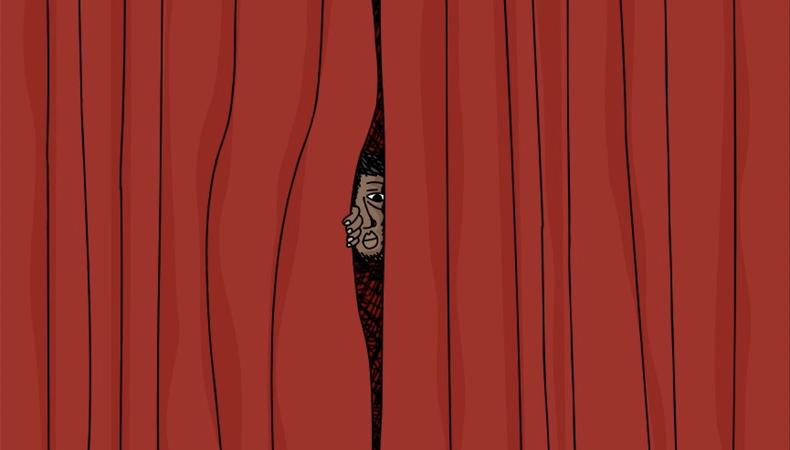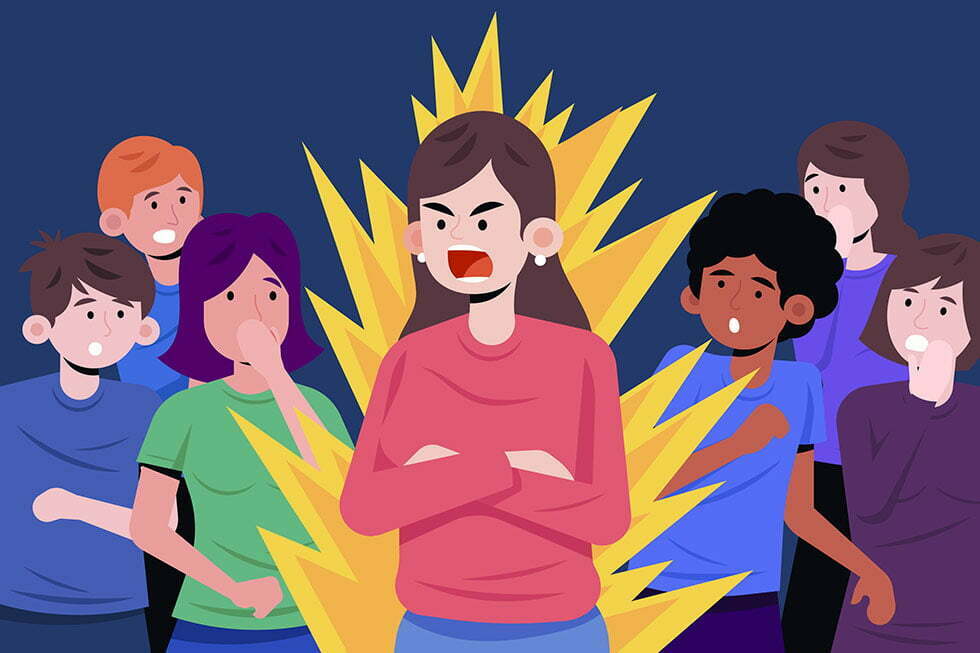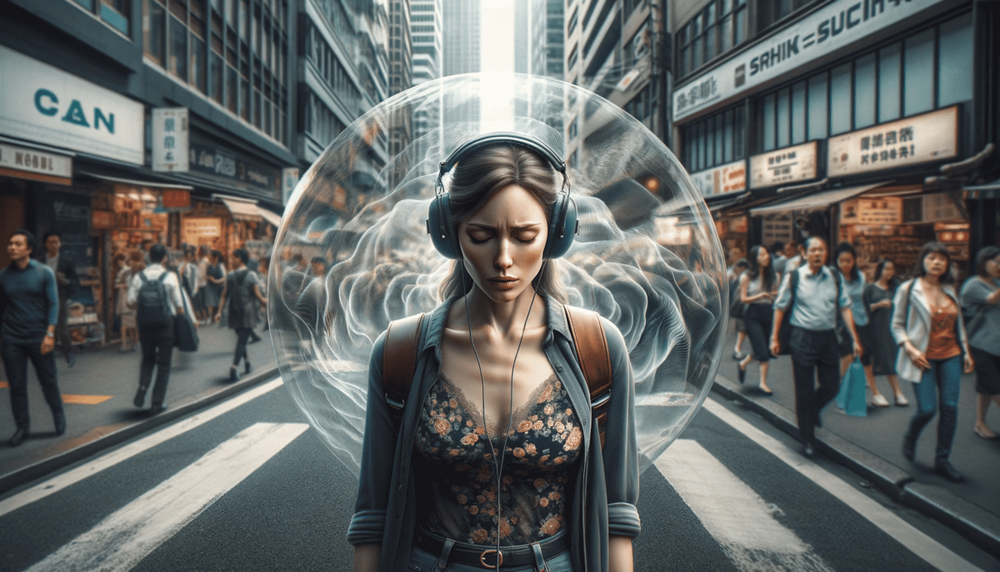
As a doctor specializing in anxiety disorders, I've witnessed firsthand the crippling grip of performance anxiety. It's more than just pre-show jitters; it's a complex beast that claws at physical and emotional well-being, often silencing potential and hindering success.

Facing an ADHD test, either for yourself or a loved one, can stir up a cocktail of emotions. It's like waiting for an important exam result; your stomach is in knots, your mind races, and you can't help but wonder about the 'what ifs.'

In a world where our lives intertwine with others in complex networks of relationships, encountering toxic individuals seems almost inevitable.

This guide will help you with specific information about finding ADHD testing centers and understanding costs in the UK, the US, India, and Canada.

An alarming number of individuals live without health insurance in the United States. According to recent statistics, millions of Americans lack health coverage, impacting their ability to receive timely and affordable healthcare services.

The human body has always been a canvas for storytelling and self-expression. In contemporary times, tattoos have taken on a new role, particularly in the realm of mental health awareness and recovery.

For many individuals living with Attention-Deficit/Hyperactivity Disorder (ADHD), there exists an often undiscussed and intangible hurdle to productivity known as ADHD paralysis.

Misophonia, a term coined by Pawel and Margaret Jastreboff in 2001, is a complex neuropsychiatric disorder characterized by heightened emotional responses, typically of irritation or anxiety, triggered by specific sounds, such as chewing, slurping, or sniffing (Jastreboff & Jastreboff, 2001).